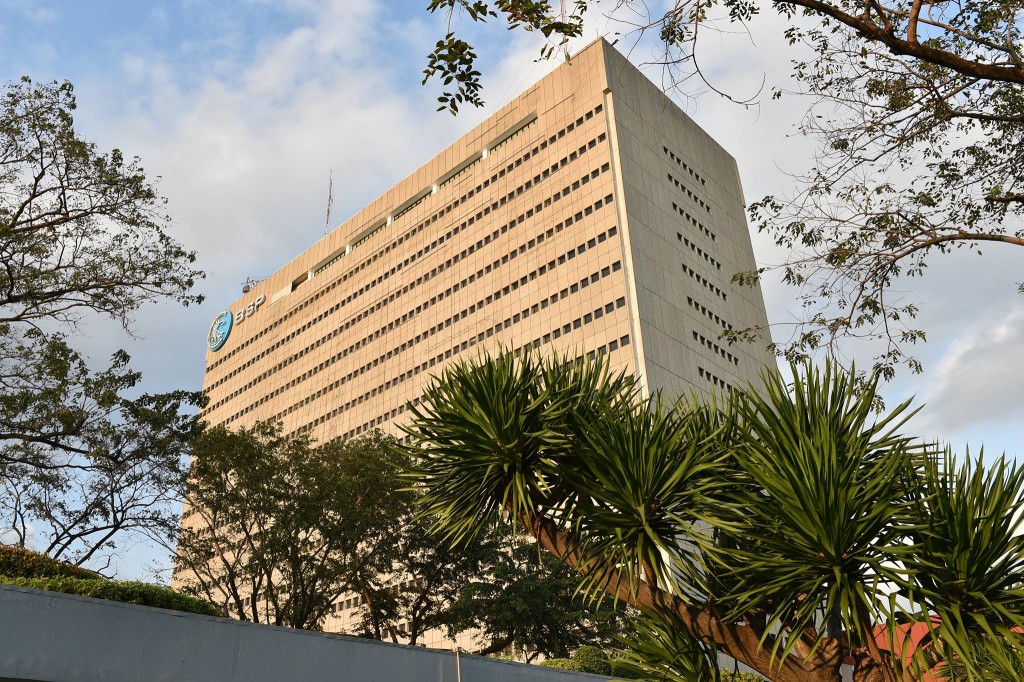
MANILA – The Bangko Sentral ng Pilipinas (BSP) has reminded all banks to be more vigilant when dealing with foreign exchange dealers, money changers and remittance agents.
In a Memorandum issued on April 5, 2016, BSP Deputy Governor Nestor Espenilla Jr. said this call is in line with the Money Laundering and Terrorist Financing Prevention Program (MLPP), which is targeted to identify and determine whether the transaction is related to money laundering and terrorist financing.
“To this end, banks should ensure the soundness and adequacy of their risk management policies and practices in dealing with FXDs (foreign exchange dealers), MCs (money changers), and RA (remittance agents),” the memorandum states.
It can be recalled that a remittance company was allegedly used to launder the USD81 million stolen from Bangladesh Bank (BB) that ended in the Jupiter-Makati branch of the Rizal Commercial Banking Corporation (RCBC) in February 2016.
Philrem Service Corporation owner Salud Bautista, in the past Senate hearing on the money laundering case, said they did not do a background check on junket operator Kim Wong when they remitted money to him and instead relied on the central bank’s third party reliance rule, hoping that RCBC followed the know-your-customer (KYC) rule.
During the same Senate hearing, Espenilla said Philrem should have conducted its own assessment process even if it tapped the KYC rule.
He also pointed out that before a BSP-registered remittance company can use the third party reliance rule they first need to secure a sworn certification that says the bank has conducted the KYC and face-to-face identification, that the bank has the minimum information on the customer, and that the remittance company can secure identification documents from the bank without delay.
Citing part 8 of the Manual of Regulations for Banks (MORB), the Memorandum said banks need to deal only with BSP-registered FXDs, MCs, and RAs.
Banks also have the ultimate responsibility to conduct appropriate due diligence to ensure that it will not be a party to any money laundering and terrorist financing activity, it said.
These financial institutions are also required to conduct risk assessment of the FXD, MC and RA customers such as knowing the latter’s business operations and types of customers; and to perform enhanced due diligence like obtaining proof of registration with BSP and evaluating the customer’s business profile.
“Unsatisfactory result of the due diligence process shall be a ground for denying the business relationship,” the Memorandum states.
Banks are also required to “perform continuing account and transaction monitoring” that include proactively monitoring FXDs, MCs, and RAs’ transactions, implementing robust system to identify unusual movements of funds or transactions and periodically updating the counterparty risk assessment based on risk and materiality.
Banks that violate these rules face sanctions and penalties, the memorandum added.